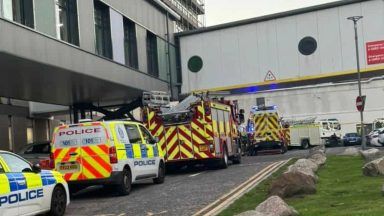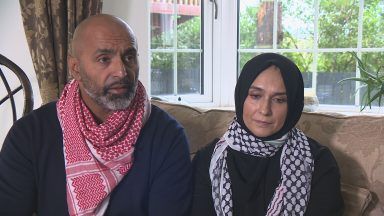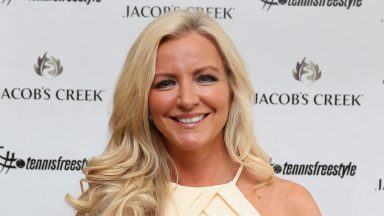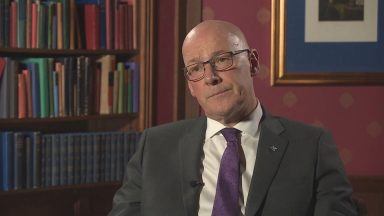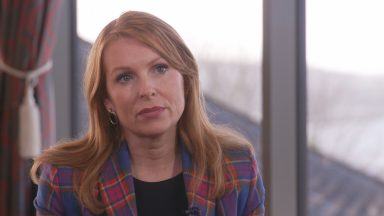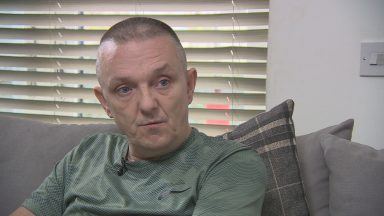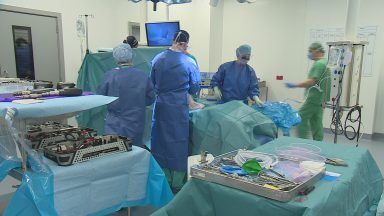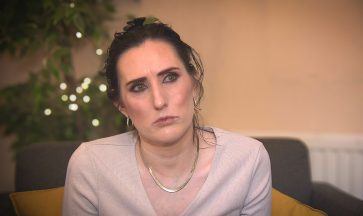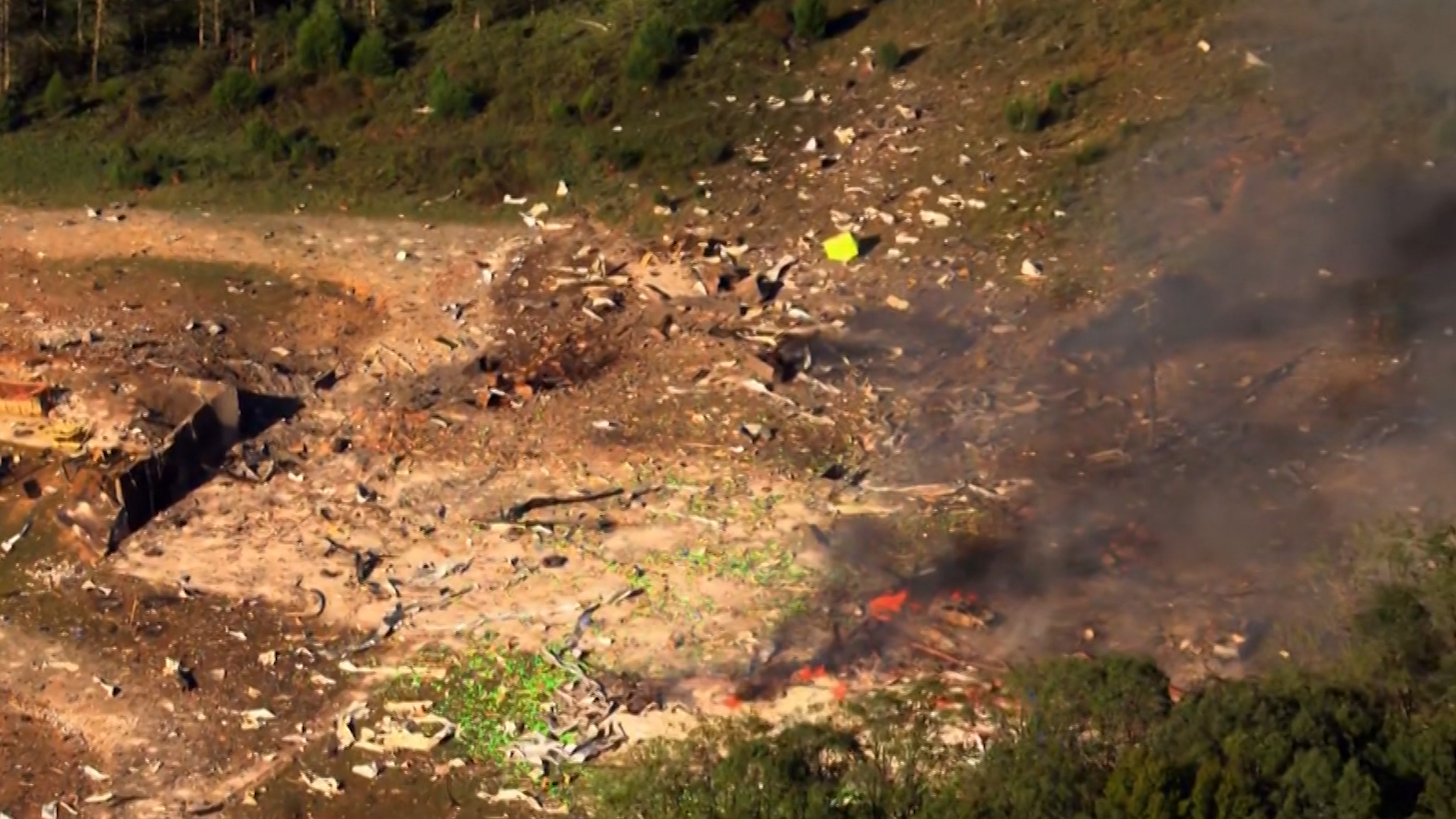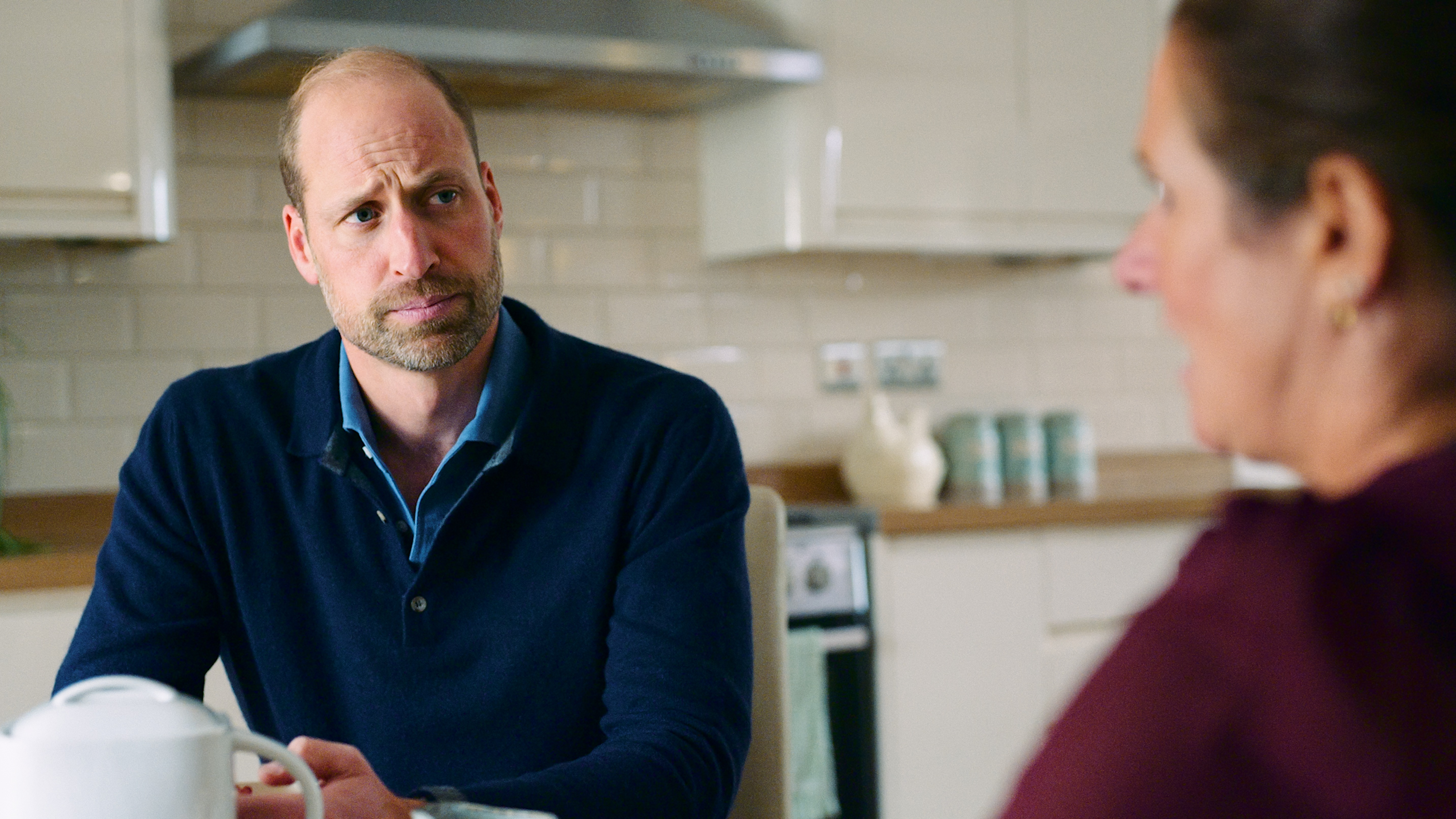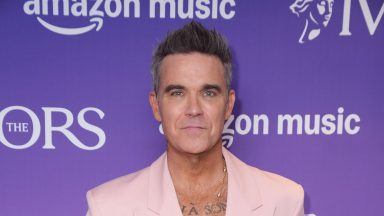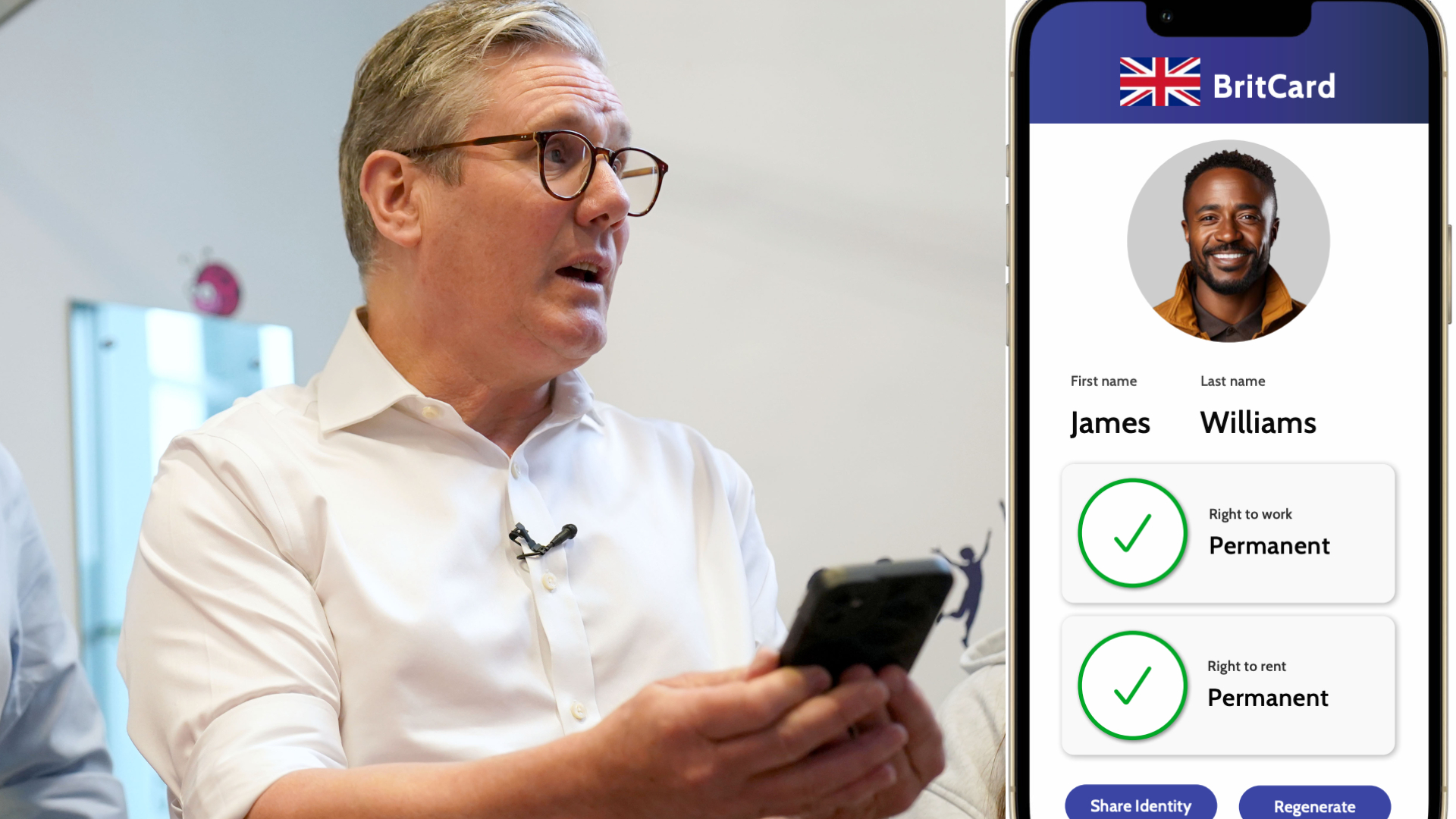Downing Street said that the UK will “coolly and calmly” continue its negotiations after Donald Trump announced a 90-day tariff pause for most nations.
The US president said he would be delaying tariffs on most nations for 90 days while raising his tax rate on Chinese imports to 125%.
The precise details were not immediately clear, but the US treasury secretary has said Mr Trump will keep his 10% baseline tariffs on most countries.
It is understood that this does not mean any immediate change for the UK.
A No 10 spokeswoman said: “A trade war is in nobody’s interests.
“We don’t want any tariffs at all, so for jobs and livelihoods across the UK, we will coolly and calmly continue to negotiate in Britain’s interests.”
A Downing Street source said the development shows that “cool and calm can pay off” and that the way Sir Keir Starmer “does business” is the “right approach”.
After days of market turmoil, US stocks surged after the first signal the US president was backing down from a full-scale trade war.
Britain has been spared from the higher tariff rates hitting others and resisted taking immediate retaliatory action, unlike the EU, which has voted to impose countermeasures on some US goods.
But there was turbulence in UK markets on Wednesday after the latest round of US tariffs came into force, with the FTSE 100 falling shortly after opening and wiping out most of the previous day’s gains.
The index of top UK stocks closed at a fresh 13-month low.
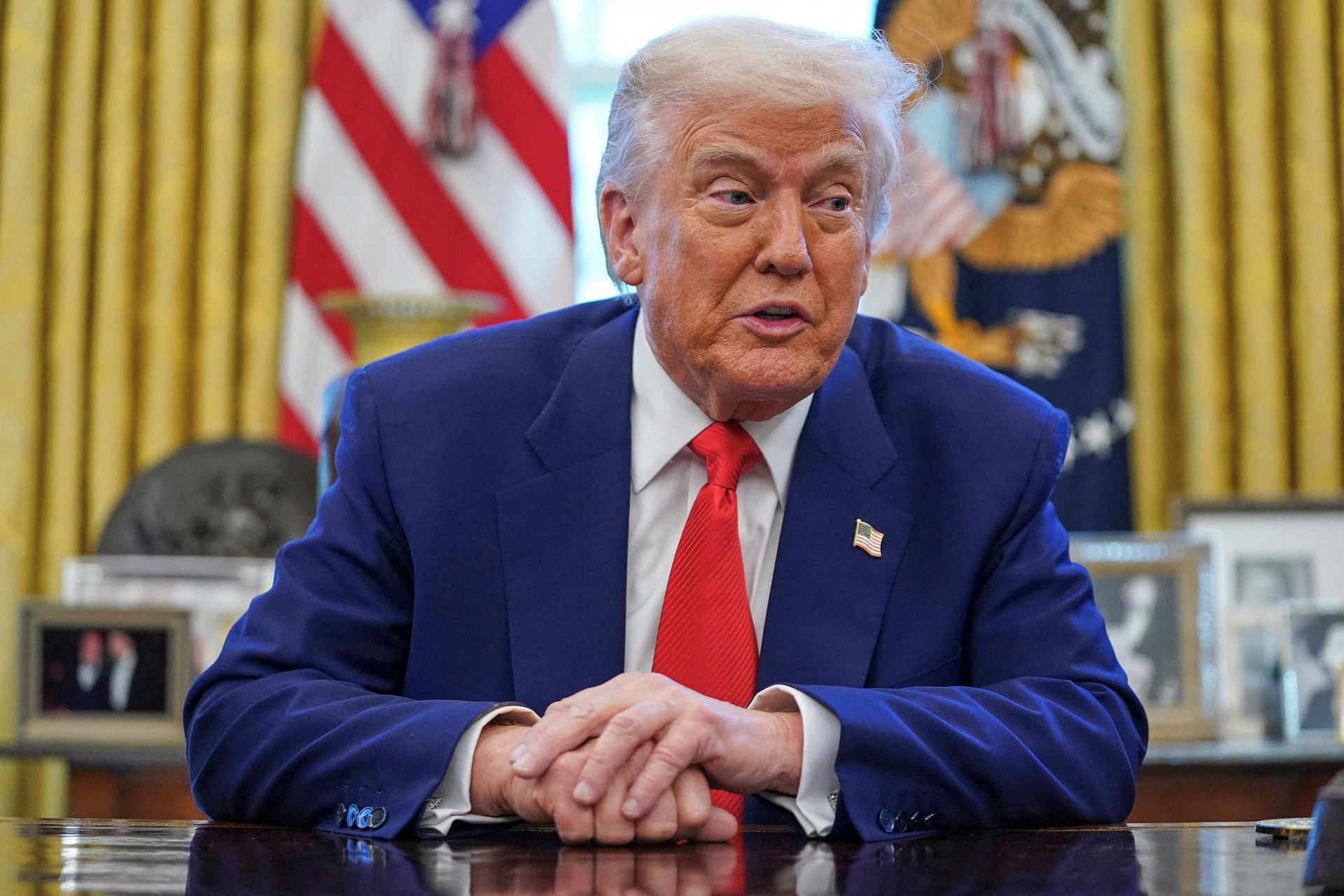 PA Media
PA MediaMeanwhile, stocks in Asia and elsewhere surged early on Thursday as investors welcomed Mr Trump’s decision to back off on most of his tariffs.
Japan’s benchmark Nikkei 225 jumped 8.8% in morning trading to 34,510.86, while South Korea’s Kospi gained 5.2% to 2,412.80 and Australia’s S&P/ASX 200 soared 5.1% to 7,748.00.
Sir Keir earlier warned that striking an economic deal with the US or securing lowered American tariff rates for the UK will not be enough for Britain.
Ministers including Chancellor Rachel Reeves had suggested the UK must look elsewhere to improve relations with other countries aside from the US, including the EU.
Asked whether the 10% rate hitting all British goods would be in place forever, the Prime Minister told ITV’s Peston: “Look, I don’t know.
“We are negotiating and we hope to improve the situation, but what I mean by this is that simply thinking that any change in the rates, or any deal is going to be enough, to my mind is wrong.”
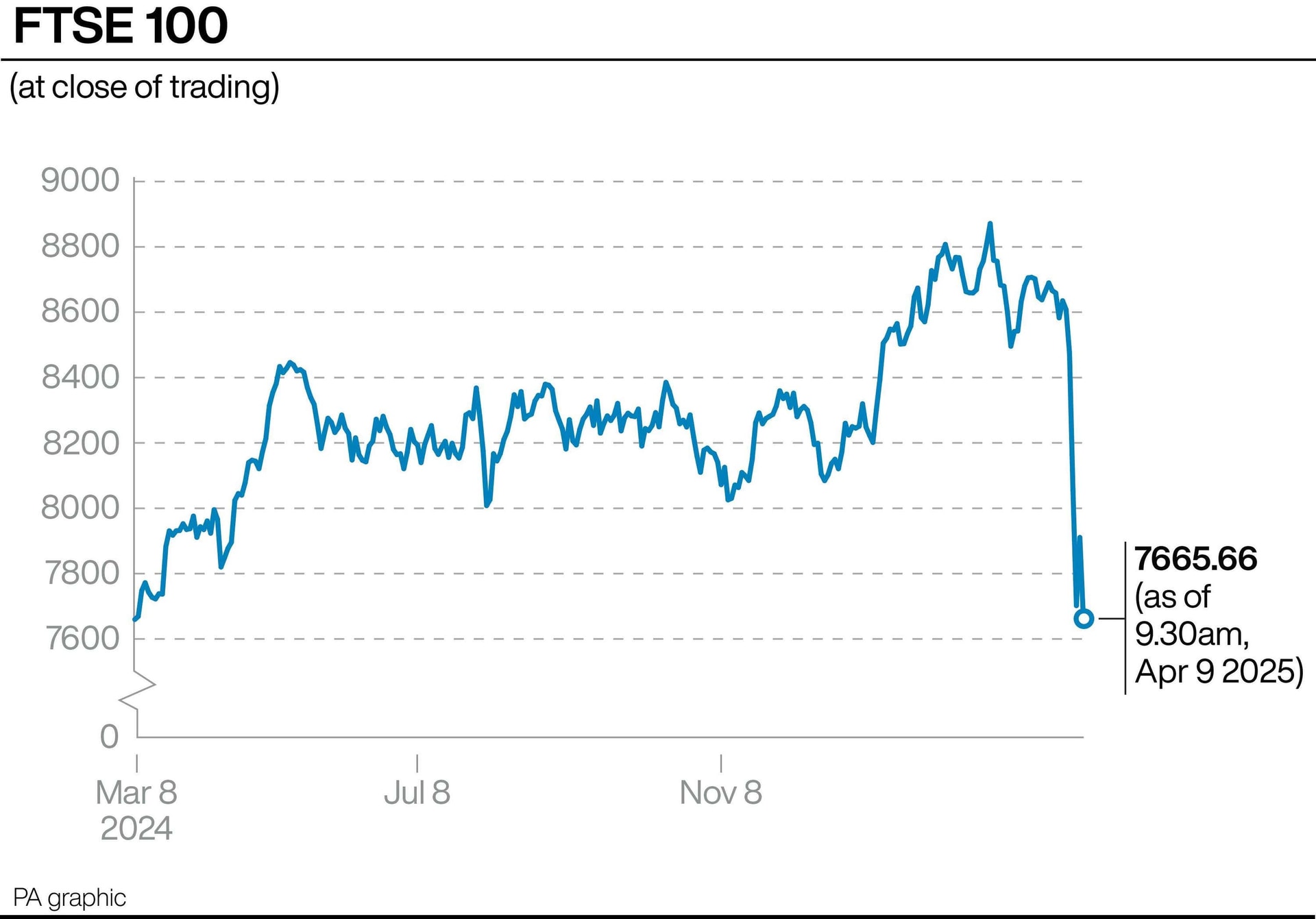 PA Media
PA MediaHe continued: “Because just as we’ve done with defence and security, where we’ve recognised it’s a changing world, we’ve got to step up and act differently.
“In that case with defence spend, co-ordinating better across Europe, so too with trade and the economy.”
Yields on long-dated government bonds surged to their highest point since 1998 on Wednesday as investors anticipated faster interest rate cuts from the Bank of England, before dipping slightly later in the day.
The Prime Minister said turmoil in the markets would not lead to a loosening of the Government’s self-imposed fiscal rules, which he called “ironclad” and “non-negotiable”.
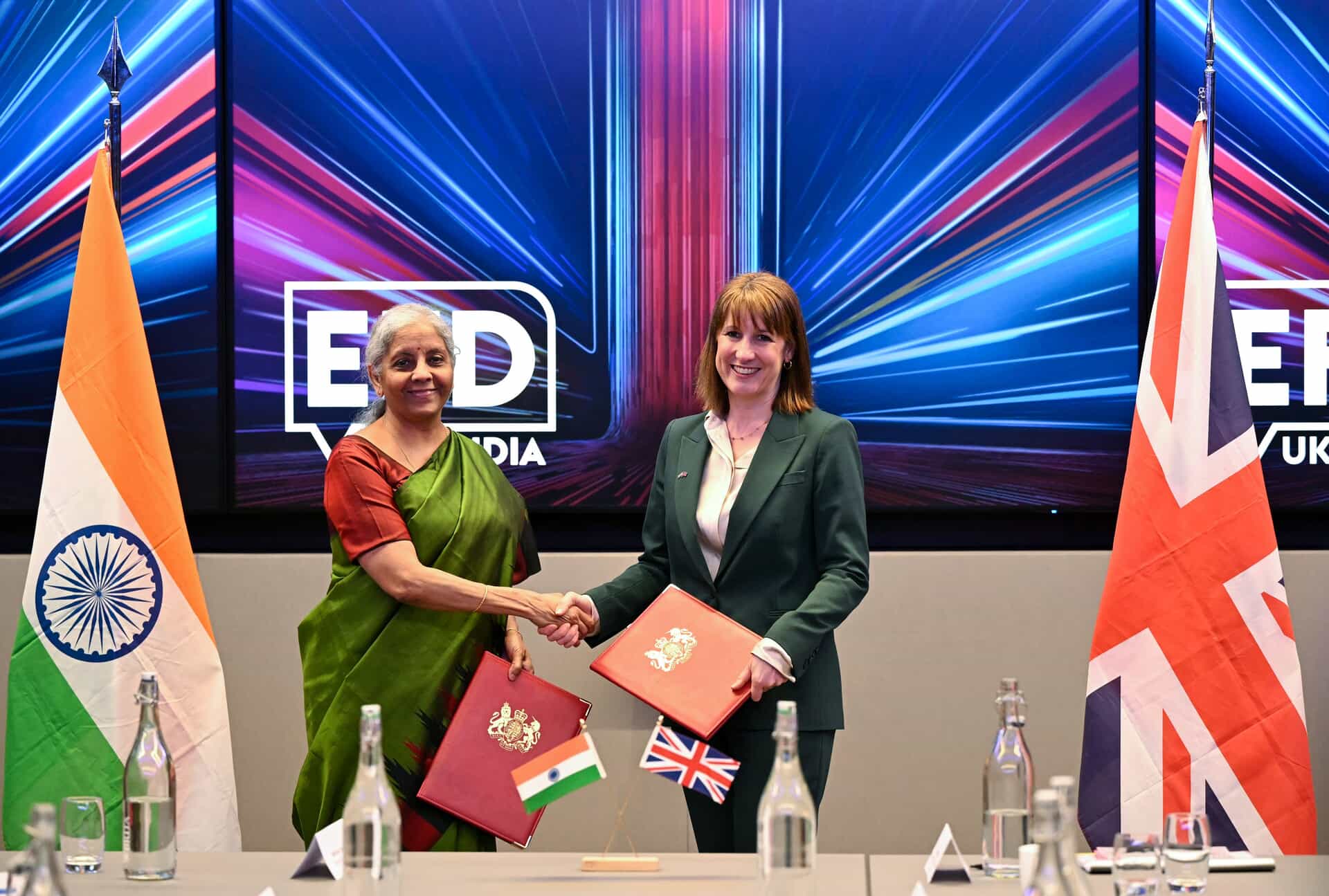 PA Media
PA MediaMinisters still hope an economic agreement with Washington can be reached to soften the blow of some of Mr Trump’s tariffs, which also include a 25% charge on cars and others on steel and aluminium.
Chancellor Rachel Reeves will seek to negotiate with the US when she visits Washington at the end of April for the International Monetary Fund’s spring meeting of global finance ministers, she told the Financial Times.
She also said a UK-EU summit on May 19 would be a chance “to refresh our relationship and make it easier for businesses to trade”.
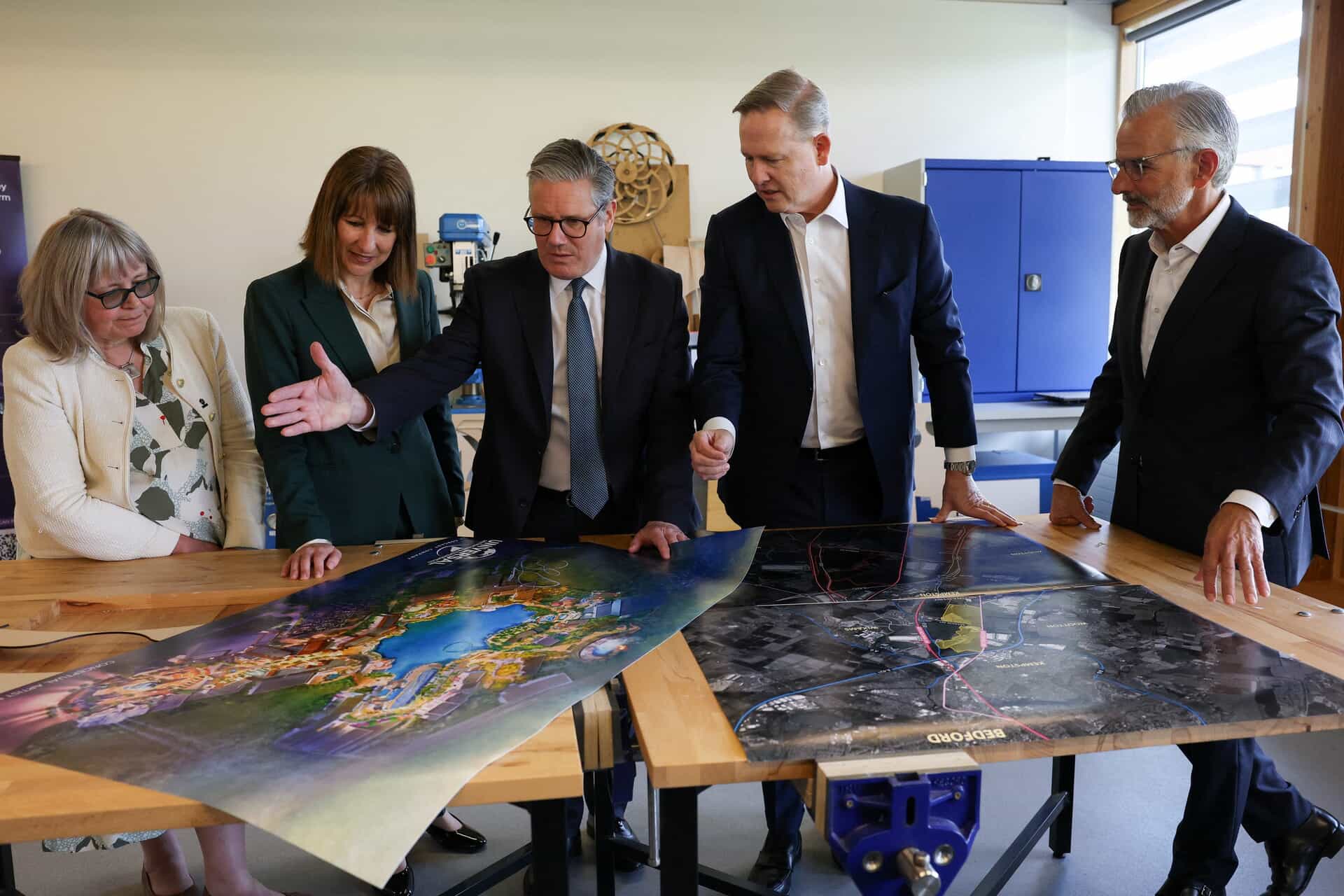 PA Media
PA MediaConcerns have been raised about what concessions the Government might make in order to secure an agreement with the US.
Earlier in the week, the Prime Minister told MPs he would be “very protective” of the NHS and that a digital tax on big tech firms should remain in place.
Meanwhile, Conservative leader Kemi Badenoch said Sir Keir had been “congratulating himself” on getting better tariffs than other countries.
“Those tariffs are lower because of Brexit, because we left the European Union,” she told The Express.
She added: “We should be trading with all countries and make sure that we’re not overly reliant on one partner.”
Follow STV News on WhatsApp
Scan the QR code on your mobile device for all the latest news from around the country


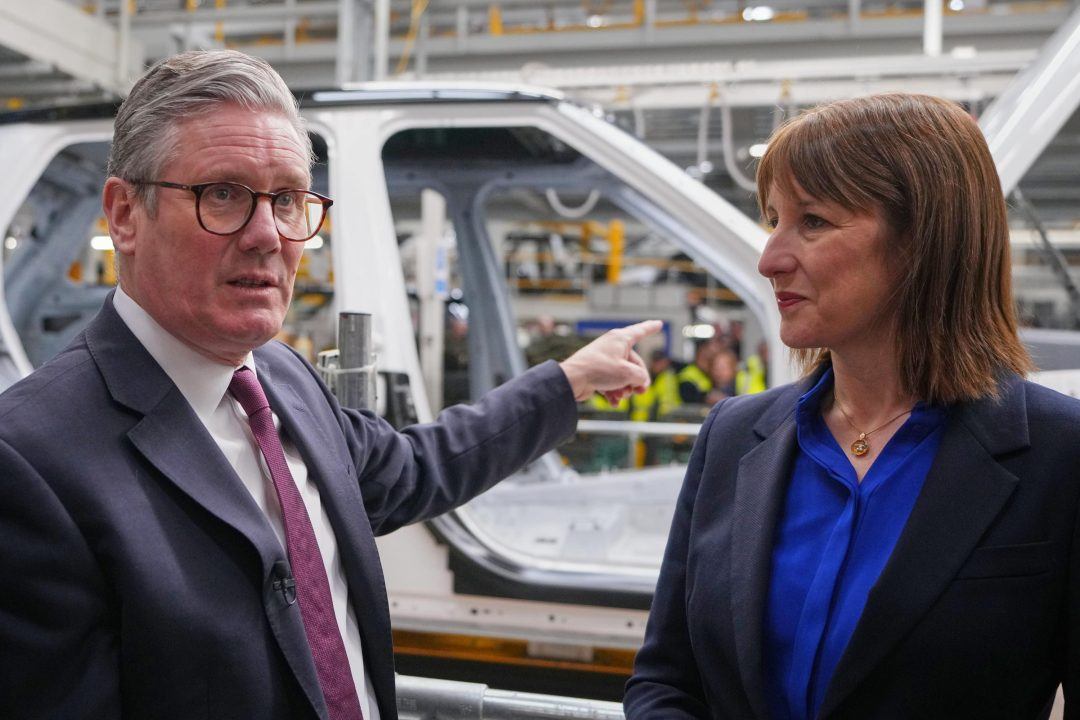 PA Media
PA Media

